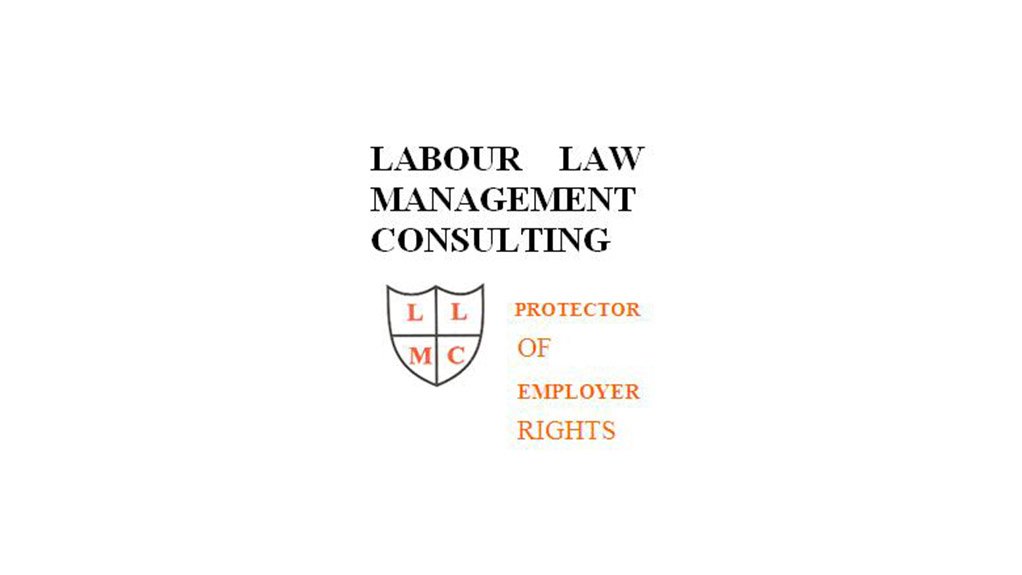Employees who report employers for committing illegal or otherwise irregular acts are protected, in the first instance, by the Constitution of South Africa.
Secondly, the Protected Disclosures Act no.26 of 2000 (PDA) specifically protects employees from reprisals as a result of having made a protected disclosure. This applies whether the disclosure in question is made to authorities within or outside of the company/organisation concerned.
While the PDA encourages genuine disclosures it requires the employee, when making an external disclosure, to at least hold a genuine belief that the employer has acted wrongly.
Thirdly, the Labour Relations Act (LRA) also protects whistle blowing employees under sections 186(2)(d) as well as under section 187(1)(h).
The latter section of the LRA makes it automatically unfair for an employer to dismiss an employee for having made a disclosure protected in terms of the PDA. The maximum compensation awarded to an employee successful in such a claim would be 24 months’ remuneration.
In CWU and another vs Mobile Telephone Networks (Pty) Ltd (2003,8 BLLR 741) a supervisor accused management of fraud and corruption in that it allegedly gave preference to a particular temp. employment agency. The employee was disciplined for making this allegation.
The Labour Court found that the employee’s disclosure did not fall under the scope of the act and his application was dismissed with costs.
However, in Grieve vs Denel (Pty) Ltd (2003, 4 BLLR 366) an employee was notified of a disciplinary hearing while he was preparing to report to the directors alleged wrongdoings of the general manager. The employee alleged that, when the employer discovered that he had obtained certain information against the general manager, it took disciplinary action against him.
Grieve applied to the Labour Court for an urgent interdict against the disciplinary hearing being carried out. The Court found that:
- There was enough evidence to show that the disclosure the employee wished to make had some substance
- Discipline does fall under the heading of occupational detriment.
As a result the Court upheld Grieve’s application for the interdict.
In view of the above employees need to be sure that their claims can be substantiated. And employers are advised to tread very carefully before acting against any employee who makes allegations involving employer wrongdoing. Both parties need to obtain expert advice on whether their intended actions comply with the intricacies of the law.
To attend the 12 May 2017 seminar in Johannesburg on WINNING THE WORKPLACE WAR please contact Ronni at ronni@labourlawadvice.co.za or on 0845217492 or (011) 782-3066.
EMAIL THIS ARTICLE SAVE THIS ARTICLE ARTICLE ENQUIRY
To subscribe email subscriptions@creamermedia.co.za or click here
To advertise email advertising@creamermedia.co.za or click here











